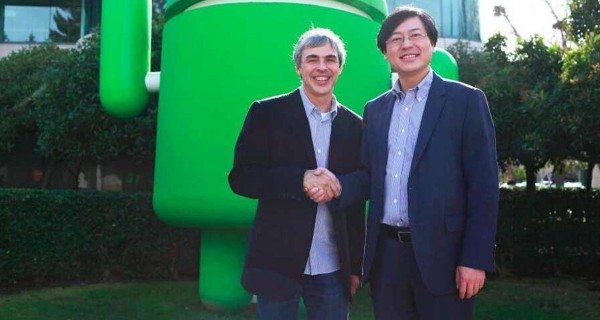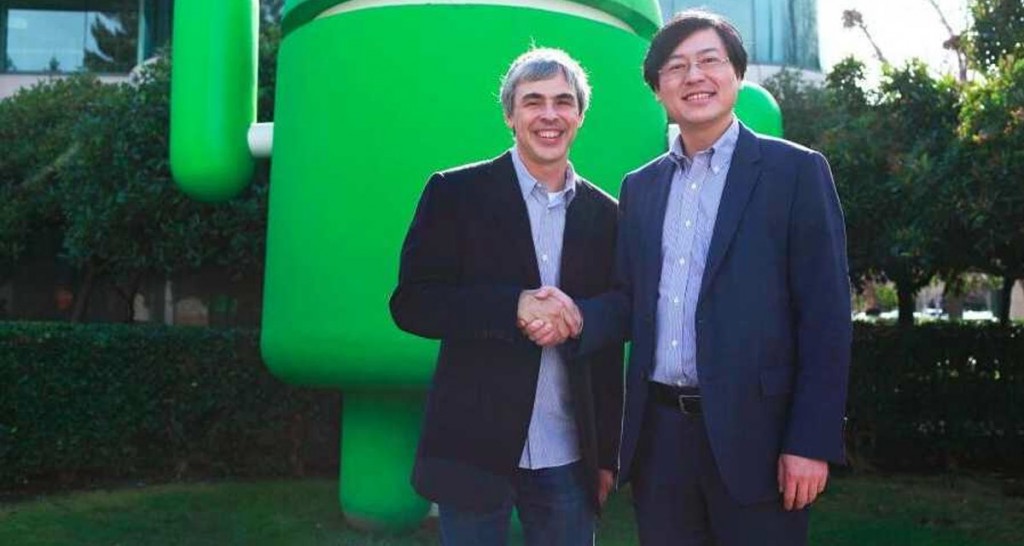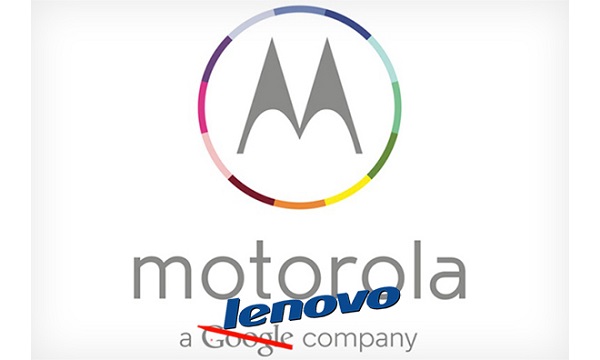
While some companies go to extremes to keep their developments a secret, some intentionally slip away a few things to the potential customers. Apple on one hand has tried to keep its Apple Watch as...

After two years, 17,000 patents, and $12.5 billion, Google is calling it a day with its experiment in Motorola Mobility after announcing its sale to Lenovo.
 Many people assumed from the beginning that all Google wanted from Motorola Mobility was their treasure trove of 17,000 patents and are first in line to say “I told you so,” but that is only partially true.
Many people assumed from the beginning that all Google wanted from Motorola Mobility was their treasure trove of 17,000 patents and are first in line to say “I told you so,” but that is only partially true.
Google’s deal to sell off Motorola to Lenovo for $2.9 billion actually provides many benefits for both companies as Google is maintaining ownership of “the vast majority” of patents acquired in the previous deal as well as the advanced research division of Motorola.
This deal could have far reaching implications, not just for Google and Lenovo, but for all players in the Android landscape.
Lenovo may be the biggest beneficiary. Many people in the United States have no idea that Lenovo even makes Android phones, but they are in fact the 4th largest smartphone manufacturer in the world—behind Apple, Samsung, and Huawei—they just have a basically non-existent footprint in the US. Through this deal they acquired not just licensing for the rights to use Motorola’s patents (which will remain in Google’s portfolio), but the rights to use Motorola’s branding for their products.
This gives Lenovo a major foothold to previously untapped markets besides access to one of the richest patent portfolios and ownership of the Moto-X, which has become one of the best reviewed phones ever.
Whether or not Lenovo decides to stick with Motorola’s current lineup and strategy remain to be seen, but it would be a smart move to continue what Google started. Lenovo doesn’t claim any initial intentions to make any drastic cuts in employees or programs. Lenovo Group Ltd. Chairman and Chief Executive Yang Yuanqing said in an interview with the Wall Street Journal that they intend to grow the Motorola brand “not just in the U.S. and Latin America, where [the brand] is strong today. We will also introduce the Motorola brand in other markets so we can have decent growth.” If this is handled anywhere similar to the way they handled their acquisition of IBMs “Think” brand, then we can expect Motorola to see a prominence it hasn’t had for quite some time.
Many people are calling Google the loser in the deal, since they are re-selling the company just 2 years later for $9.6 billion less than they purchased it for originally, but this is not a clean cut parting of ways. First of all—as I already mentioned—Google is keeping most of the patents they acquired in the original deal as well as Motorola’s advanced research division, which is where many of Google’s crazy ideas have come from, such as the modular modifiable smartphone—project Ara—and a plethora of fancy security devices such as passwords that are ingestible or tattooed. This section will feel right at home under the mysterious and bizarre Google X program.
We also can’t discount the impact of the Moto-X and Moto-G. Google was able to use Motorola to prove that low cost, bloat free, Android phones could be a big sensation. We can’t ignore the impact of the statement made by these devices when we look at the insane 10 year patent sharing agreement Google recently arranged with Samsung. Google effectively proved that their way was best for Android, and I wouldn’t be surprised to see more OEMs following suit.
The biggest loser in this whole situation may be HTC. The Taiwanese company has been fighting to establish branding and gain market share for the past few years, but now that the Motorola brand is buffeted by the well-oiled assembly lines of Lenovo, that uphill battle may have gotten a lot more vertical. Not to take all the wind out of their sales, though. The HTC One was widely considered the Best smartphone of 2013 in a close battle with the Samsung Galaxy S4 and the Moto-X. 2014 will be their last chance to gain what competitive advantage they can, because the market is about to get a lot less forgiving.
As always, we will wait and see how things develop, but it’s undeniable that this could be considered an earthquake in the ever shifting terrain in the world of Android manufacturers.
Read more on walyou, HTC One “M8? Rumored Changes, Launch Imminent, Google Buys Artificial Intelligence Company DeepMind for $400M

Motorola’s mobile phones division will soon have a Chinese parent, mostly because of its unpopularity with Google shareholders.
Earlier this week, Google and Samsung signed a patent cross-licensing agreement. The next day, Samsung announced that it would give up most of its proprietary Android apps in favor of apps made by Google. The world is wondering what’s happening with Android, especially since yesterday Google said it would sell Motorola Mobility to Lenovo for $2.91B.

Buying Motorola in 2012 for $12.5B and selling it now for $2.91B doesn’t seem to be exactly the deal of the century. If you add to that that Lenovo is going to pay that money in several installments, the deal looks even worse. However, there’s a catch to all this. Google will keep most of the 17,000 Motorola Mobility patents and will share them with Samsung.
As mentioned before, Lenovo won’t be paying the entire amount upfront, but only $1.41B, and that as $660 million in cash and $750 million in shares. The rest of $1.5B will be paid over the next 3 years. Since the
Larry Page mentioned in an official blog post that “the smartphone market is super competitive, and to thrive it helps to be all-in when it comes to making mobile devices. It’s why we believe that Motorola will be better served by Lenovo — which has a rapidly growing smartphone business and is the largest (and fastest-growing) PC manufacturer in the world. This move will enable Google to devote our energy to driving innovation across the Android ecosystem, for the benefit of smartphone users everywhere.”
Yang Yuanqing, Lenovo’s chief executive, made a statement that sounds very promising: “We will immediately have the opportunity to become a strong global player in the fast-growing mobile space. We are confident that we can bring together the best of both companies to deliver products customers will love and a strong, growing business.”
Ever since Google bought Motorola, some really decent smartphones came out, but none of them was truly revolutionary, except for Project Ara, the modular phone, which Google is going to keep anyway, along with Motorola’s Advanced Technology group. On top of that, Motorola is said to have been really unpopular with Google shareholders, so after all, maybe it’s better that Lenovo will take care of it.
If you liked this post, please check the Nest Labs acquisition by Google and the patent cross-licensing deal that Samsung and Google signed.